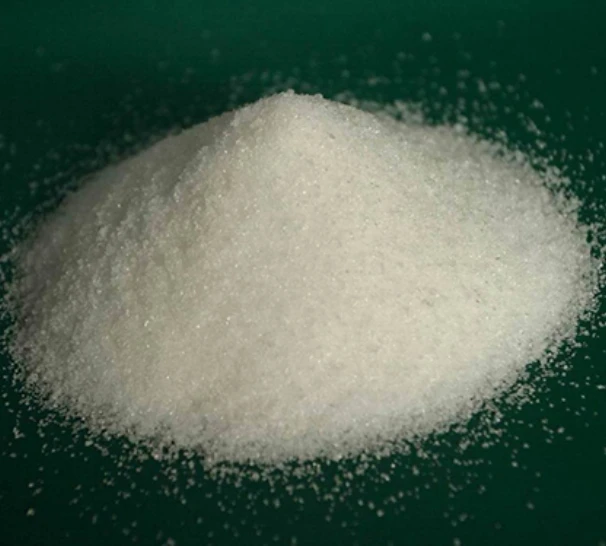hedp water treatment
HEDP Water Treatment An Overview
Water treatment is an essential process in ensuring the safety and quality of water used for various purposes, including drinking, irrigation, and industrial applications. Among the various chemicals used in water treatment, Hydroxyethylidene Diphosphonic Acid (HEDP) has gained prominence due to its effectiveness as a scale and corrosion inhibitor. In this article, we will explore the properties of HEDP, its applications in water treatment, as well as its benefits and environmental considerations.
What is HEDP?
HEDP is an organophosphonic acid that belongs to a class of compounds known for their ability to sequester metal ions and inhibit scale formation. It has a chemical formula of C2H8O7P2 and is typically found in a colorless or pale-yellow liquid form. HEDP is water-soluble and stable over a wide range of pH and temperature conditions, making it suitable for various water treatment scenarios.
Applications of HEDP in Water Treatment
1. Scale Inhibition One of the primary uses of HEDP in water treatment is to prevent the formation of scale in boilers, cooling towers, and industrial water systems. Scale buildup can lead to increased energy consumption and operational inefficiencies. By chelating calcium and magnesium ions, HEDP disrupts the crystallization process, effectively reducing scale formation.
2. Corrosion Control HEDP also plays a critical role in controlling corrosion within water systems. Corrosion can lead to severe damage to equipment and piping, resulting in costly repairs and downtime. HEDP forms a protective film on metal surfaces, thereby minimizing the rate of corrosion and extending the lifespan of industrial equipment.
3. Industrial Applications In addition to its use in conventional water treatment systems, HEDP is also employed in various industrial processes, such as oil recovery and textile manufacturing. Its ability to prevent scale and corrosion makes it an invaluable additive in these industries, where water quality is crucial for operational success.
hedp water treatment

Benefits of Using HEDP
The use of HEDP in water treatment presents numerous advantages
- Effectiveness HEDP has been proven to be highly effective in inhibiting scale and corrosion, leading to improved operational efficiency. - Versatility It can be used in a variety of systems, including both closed-loop and open-loop water treatments, which adds to its appeal for various industries. - Environmental Impact Unlike other treatment chemicals, HEDP is considered to have a lower environmental impact, especially when used in the appropriate concentrations. It is biodegradable and does not accumulate in aquatic systems, thereby reducing risks to the ecosystem.
Environmental Considerations
While HEDP is regarded as a safer alternative to some traditional scaling and corrosion inhibitors, it is essential to consider its use within regulated limits. Excessive concentrations can lead to potential environmental concerns, such as nutrient loading in water bodies. Ongoing research and development efforts are aimed at optimizing the use of HEDP, ensuring that it contributes to sustainable water management practices.
Conclusion
In summary, HEDP is a powerful tool in modern water treatment strategies, helping to address challenges related to scale and corrosion in various systems. Its effectiveness, versatility, and lower environmental impact make it a preferred choice for many industries. As the demand for clean and safe water continues to rise, the role of HEDP in facilitating efficient and sustainable water treatment will only become more significant. Ultimately, the responsible use of HEDP can contribute to healthier water systems and a better environment for future generations.
-
Dodecyldimethylbenzylammonium Chloride: High-Purity DisinfectantNewsAug.30,2025
-
2-Phosphonobutane-1,2,4-Tricarboxylic Acid: Scale & CorrosionNewsAug.29,2025
-
Premium Isothiazolinones | Broad-Spectrum Biocidal SolutionsNewsAug.28,2025
-
LK-319 Special Scale And Corrosion Inhibitor For Steel Plants: Advanced Solutions for Industrial Water SystemsNewsAug.22,2025
-
Flocculant Water Treatment: Essential Chemical Solutions for Purification ProcessesNewsAug.22,2025
-
Isothiazolinones: Versatile Microbial Control Agents for Industrial and Consumer ApplicationsNewsAug.22,2025





